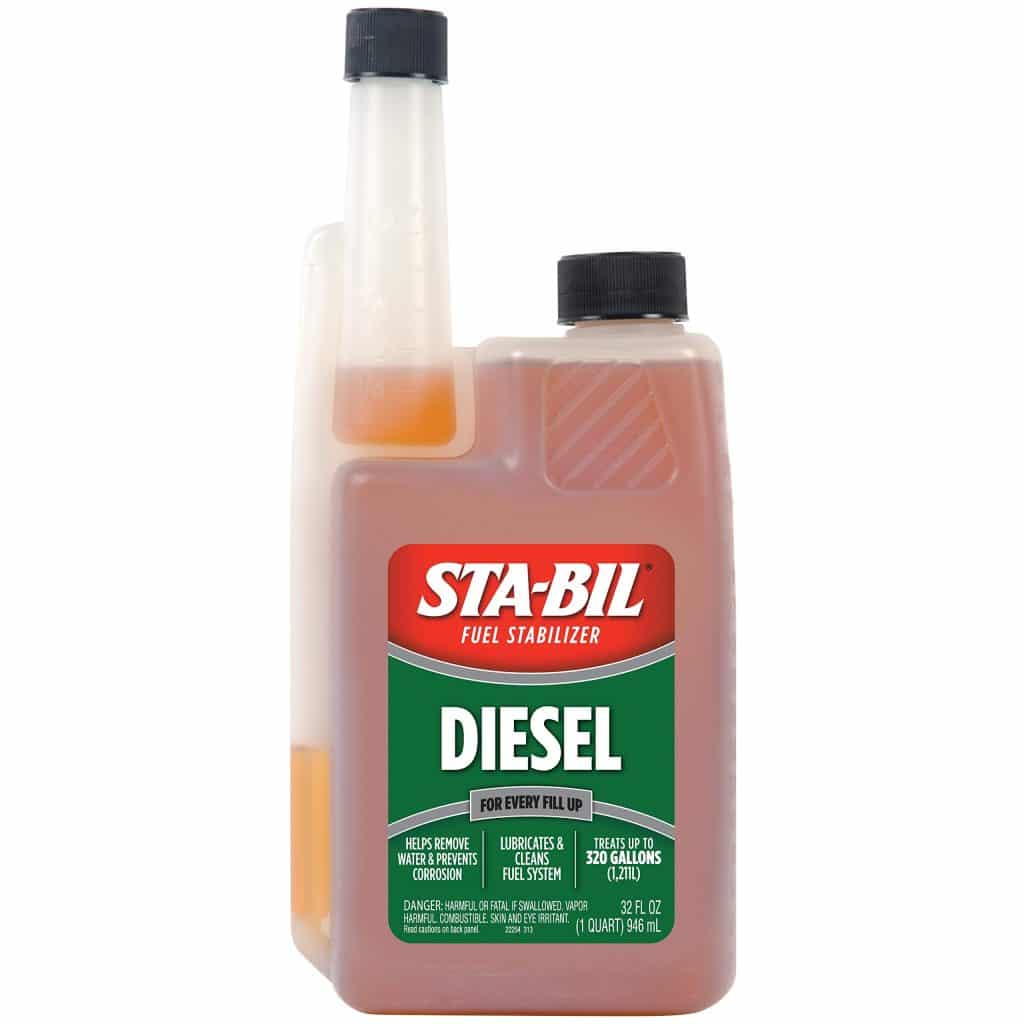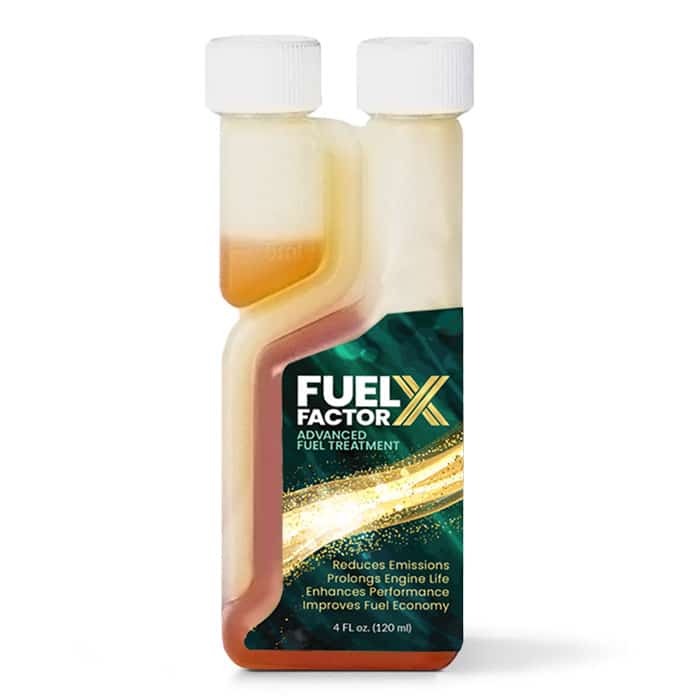Have you ever wondered what fuel factor X is when it comes to diesel fuel? Well, we’re here to shed some light on this mysterious element that plays a crucial role in the efficiency and performance of diesel engines.
Fuel factor X is a unique additive blended with diesel fuel to enhance its quality. In this article, we will explore the significance of fuel factor X, its benefits, and how it contributes to maximizing diesel fuel’s potential. So, let’s embark on this fascinating journey into the world of fuel factor X and unveil its secrets together!
What is Fuel Factor X on Diesel Fuel?
Understanding the Basics of Fuel Factor X
Fuel Factor X is a term used to describe a specific characteristic or component found in diesel fuel. It refers to the fuel’s quality or composition directly affecting the combustion process in diesel engines. Fuel Factor X plays a crucial role in determining diesel engines’ efficiency, performance, and emissions.
How Fuel Factor X Affects Diesel Fuel
Fuel Factor X significantly impacts the overall quality and combustion of diesel fuel. It influences critical factors such as flame stability, ignition delay, and heat release rate during combustion. These parameters directly affect the efficiency and power output of the engine.
A higher Fuel Factor X value often indicates better fuel quality, leading to improved combustion efficiency. This results in lower emissions, reduced fuel consumption, and increased engine performance. On the other hand, a lower Fuel Factor X value may indicate poor fuel quality, leading to inefficient combustion, increased emissions, and decreased engine performance.
The Importance of Fuel Factor X
Understanding and optimizing Fuel Factor X is vital in ensuring diesel engines’ optimal performance and longevity. It directly impacts fuel efficiency, engine power, emissions, and overall engine performance. By optimizing the Fuel Factor X of diesel fuel, we can achieve better fuel economy, reduced emissions, and extended engine life.
Factors Influencing Fuel Factor X
Several factors influence the Fuel Factor X of diesel fuel. These factors include the source of the crude oil used for refining, the refining process, and the additives blended into the fuel. These components’ specific composition and quality determine the Fuel Factor X value.
For example, crude oil derived from different regions may vary in terms of sulfur content, aromatics, and cetane number. Refining can also impact the Fuel Factor X by altering the composition and removing impurities. Fuel Factor X can also influence fuel additives such as cetane improvers, lubricity enhancers, and detergents.
The Role of Fuel Factor X in Combustion Efficiency
Fuel Factor X is critical in achieving optimal combustion efficiency in diesel engines. It directly affects parameters such as ignition delay, flame stability, and heat release rate, which determine the efficiency and performance of the combustion process.
The ignition delay refers to the time between the fuel injection and the start of combustion. The Fuel Factor X affects the ignition delay by influencing the fuel’s chemical composition and physical properties. A shorter ignition delay can lead to better combustion efficiency, reduced emissions, and improved engine performance.
Flame stability refers to the ability of the fuel-air mixture to sustain combustion. The Fuel Factor X affects flame stability by influencing the fuel’s volatility and combustion characteristics. A more stable flame ensures complete and efficient combustion, reducing emissions and improving engine performance.
Heat release rate refers to the rate at which fuel energy is released during combustion. The Fuel Factor X influences the heat release rate by affecting the fuel’s cetane number, viscosity, and energy content. Optimizing the heat release rate can improve fuel economy and engine power output.
Benefits of Optimizing Fuel Factor X
Optimizing Fuel Factor X can offer numerous benefits for diesel engines and their operators. By achieving an optimal Fuel Factor X value, we can expect:
- Improved Fuel Efficiency: Optimizing the Fuel Factor X can enhance the combustion efficiency, resulting in improved fuel economy and reduced fuel consumption.
- Lower Emissions: A higher Fuel Factor X value promotes cleaner and more complete combustion, leading to reduced harmful emissions such as nitrogen oxides (NOx), particulate matter (PM), and carbon monoxide (CO).
- Enhanced Engine Performance: Optimizing the Fuel Factor X can increase the power output and torque of the engine, leading to improved performance and drivability.
- Extended Engine Life: By achieving optimal combustion efficiency, the engine experiences less stress and wear, resulting in prolonged engine life and reduced maintenance costs.
Methods for Measuring Fuel Factor X
Measuring Fuel Factor X is crucial to understanding diesel fuel’s quality and characteristicsuel. Several methods are commonly used to determine the Fuel Factor X value:
- Cetane Number Analysis: The cetane number measures a fuel’s ignition quality. Higher cetane numbers indicate better ignition characteristics and improved combustion efficiency.
- Flash Point Testing: Flashpoint is the lowest temperature when a fuel produces enough vapor to ignite. Flash point testing helps determine the volatility and safety aspects of the fuel.
- Sulfur Content Analysis: Sulfur content is an essential parameter, as high levels of sulfur can lead to increased emissions and engine damage. Analyzing the sulfur content aids in evaluating the fuel’s quality.
- Density and Viscosity Testing: Determining the density and viscosity of the fuel provides insights into the fuel’s physical properties, including its combustibility and lubricating capabilities.
Common Misconceptions About Fuel Factor X
There are several common misconceptions surrounding Fuel Factor X on diesel fuel. It is crucial to address these misconceptions to ensure accurate understanding and informed decision-making:
- Fuel Factor X is All About Octane: Unlike gasoline, where octane rating is crucial for engine performance, Fuel Factor X in diesel fuel is not directly related to octane. It primarily focuses on cetane number, flash point, and composition.
- Higher Fuel Factor X is Always Better: While a higher Fuel Factor X value often indicates better fuel quality and combustion efficiency, it is essential to consider the specific requirements and compatibility of the engine. Optimal Fuel Factor X can vary depending on the engine design and operating conditions.
- Fuel Factor X Does Not Affect Emissions: On the contrary, Fuel Factor X directly impacts emissions. A higher Fuel Factor X value helps achieve cleaner and more complete combustion, reducing emissions of harmful pollutants.
Regulations and Standards for Fuel Factor X
Due to the significant impact of Fuel Factor X on diesel engine performance and emissions, various regulations and standards have been established to ensure fuel quality and optimize combustion efficiency. These regulations set limits and specifications for sulfur content, cetane number, and emissions.
Regulatory bodies, such as the Environmental Protection Agency (EPA) in the United States, set standards to enforce the use of low-sulfur diesel fuel and regulate emissions. Organizations like the American Society for Testing and Materials (ASTM) also provide guidelines and testing methods for measuring Fuel Factor X and fuel quality.
Future Developments in Fuel Factor X
As technology and research progress, the understanding and optimization of Fuel Factor X continue to evolve. Ongoing developments aim to improve fuel quality, combustion efficiency, and engine performance. Future advancements may involve:
- Advanced Fuel Additives: Researchers are continuously exploring the development of new fuel additives to enhance the Fuel Factor X and improve combustion efficiency.
- Alternative Fuel Sources: The development of alternative fuels, such as biodiesel and synthetic diesel, presents opportunities to optimize Fuel Factor X and reduce environmental impact.
- Engine Design Enhancements: Engine manufacturers are working on innovative designs and technologies that can adapt to Fuel Factor X values, thereby maximizing engine performance and efficiency.
- Emission Control Strategies: Future developments may focus on advanced emission control technologies to reduce harmful pollutants and improve air quality.
In conclusion, Fuel Factor X plays a vital role in the quality and combustion of diesel fuel. Understanding and optimizing this factor can improve fuel efficiency, reduced emissions, increased engine performance, and extended engine life. By adhering to regulations and embracing future developments, we can continue to enhance the Fuel Factor X of diesel fuel and contribute to a more sustainable and efficient transportation industry.







